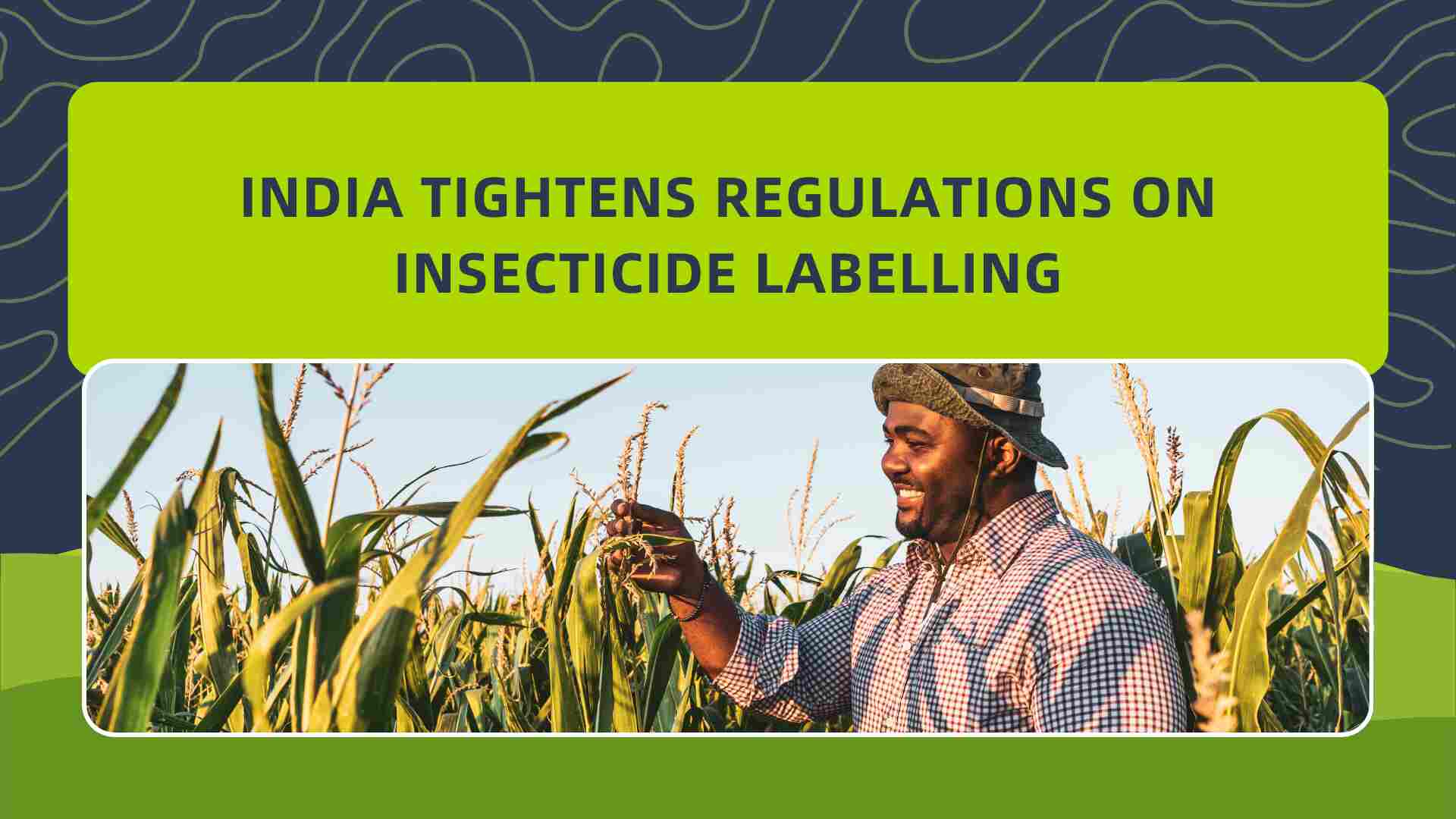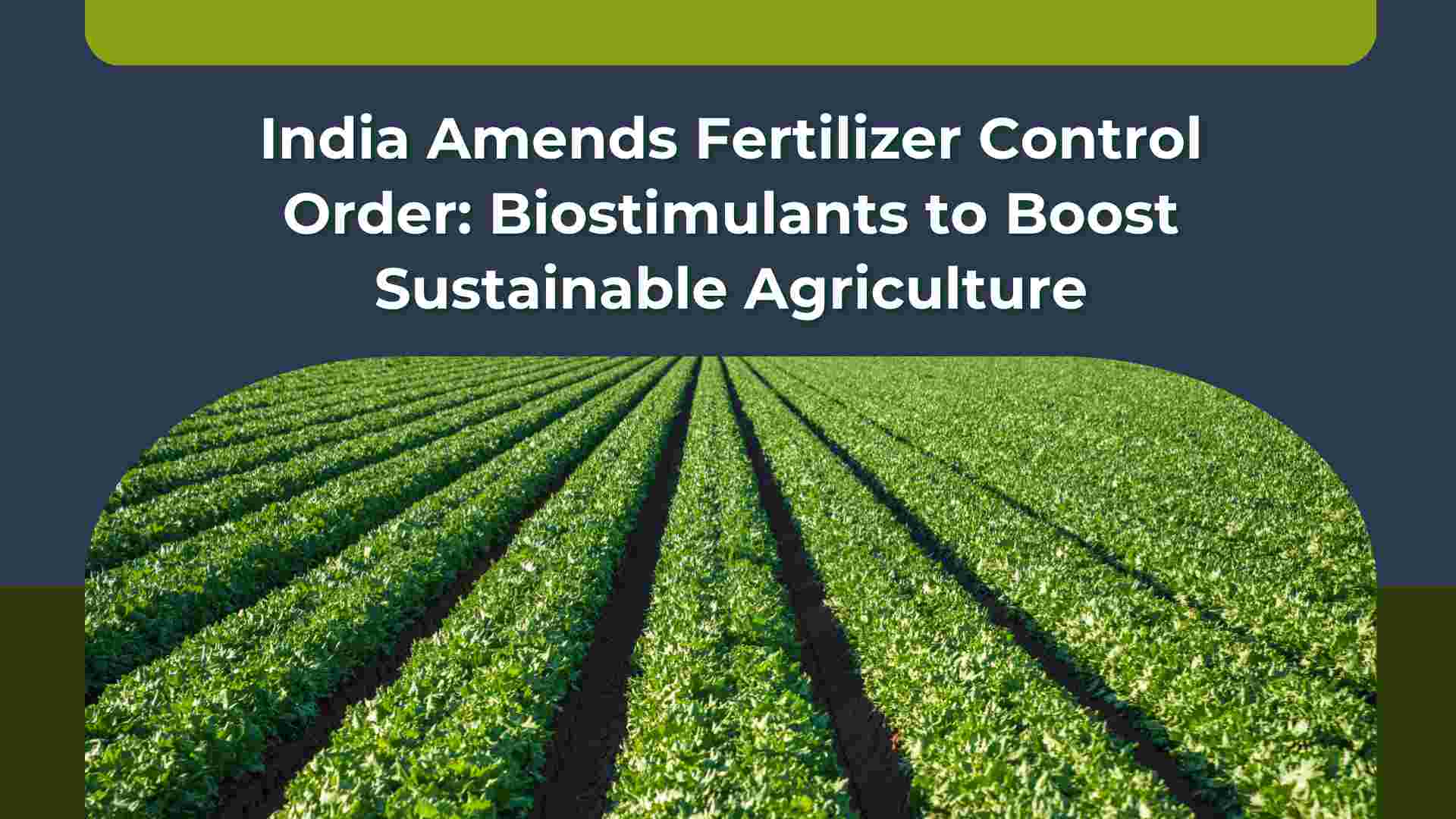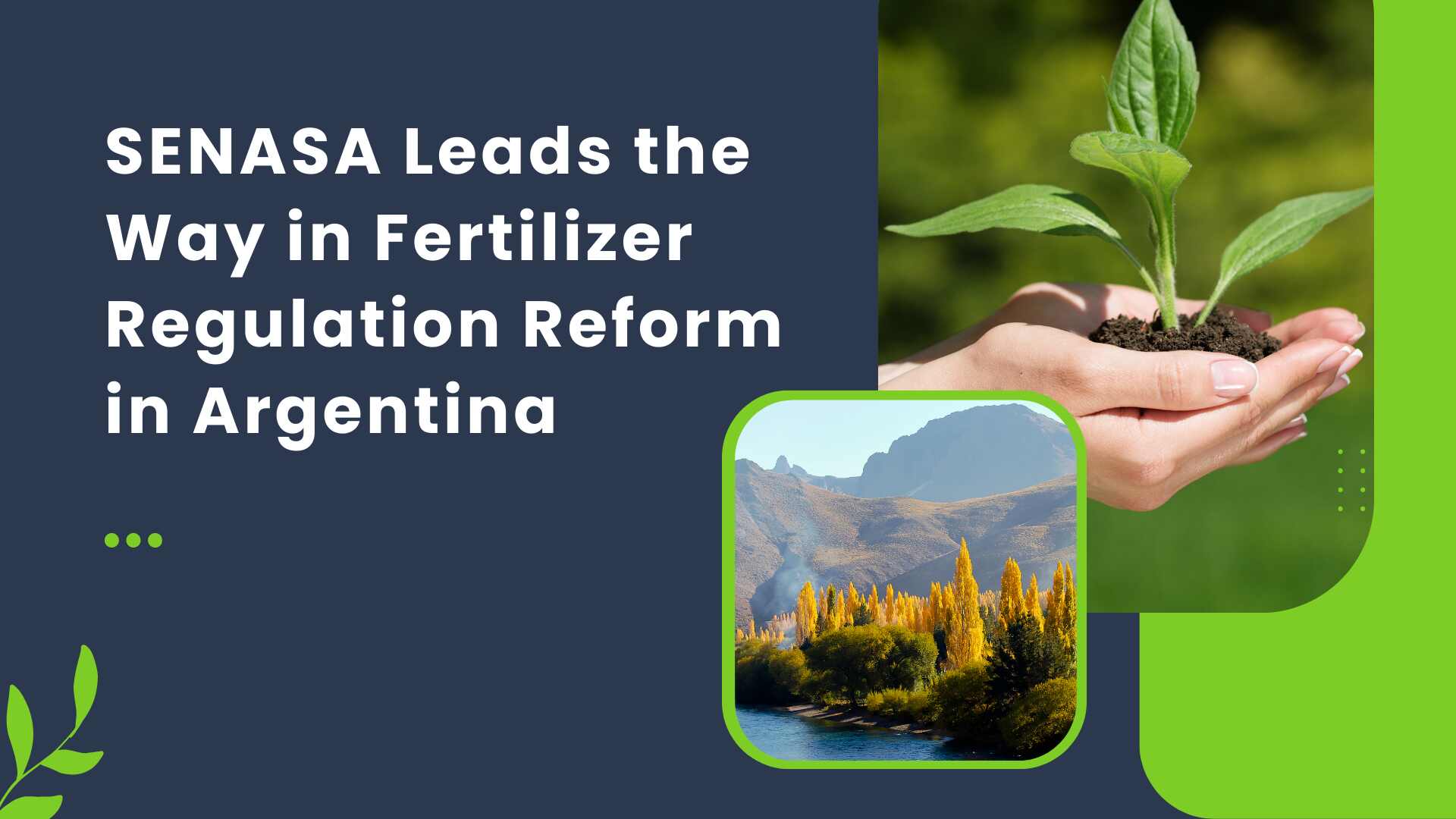The Fertilizer and Pesticide Authority (FPA) has recently revised its guidelines for the registration of Plant-Incorporated Protectants (PIPs) to align with the agency’s policies on biorational pesticides. The updated guidelines aim to streamline the registration process and ensure the safe and effective use of PIPs in the Philippines.
Key updates:
- Plants having numerous PIP incidents must be registered as ‘new products’ with the FPA.
- The FPA has revised definition, clarifying terminology like “regulated articles,” “pest-protected plant,” and “risk assessment.”
- Applicants must now include a notarised FPA-prescribed application form, a copy of each component single PIP’s CPR, a risk assessment report, and a draft commercial product label.
The Fertilizer and Pesticide Authority (FPA) has recently revised its guidelines for the registration of Plant-Incorporated Protectants (PIPs) to align with the agency’s policies on biorational pesticides. The updated guidelines aim to streamline the registration process and ensure the safe and effective use of PIPs in the Philippines.
Key updates:
- Plants having numerous PIP incidents must be registered as ‘new products’ with the FPA.
- The FPA has revised definition, clarifying terminology like “regulated articles,” “pest-protected plant,” and “risk assessment.”
- Applicants must now include a notarised FPA-prescribed application form, a copy of each component single PIP’s CPR, a risk assessment report, and a draft commercial product label.
The Fertilizer and Pesticide Authority (FPA) has recently revised its guidelines for the registration of Plant-Incorporated Protectants (PIPs) to align with the agency’s policies on biorational pesticides. The updated guidelines aim to streamline the registration process and ensure the safe and effective use of PIPs in the Philippines.
Key updates:
- Plants having numerous PIP incidents must be registered as ‘new products’ with the FPA.
- The FPA has revised definition, clarifying terminology like “regulated articles,” “pest-protected plant,” and “risk assessment.”
- Applicants must now include a notarised FPA-prescribed application form, a copy of each component single PIP’s CPR, a risk assessment report, and a draft commercial product label.
- Registration and labelling requirements: Products having single PIPs or stacked PIPs with non-PIPs must be recorded in the FPA registry. A letter of intent, application form, Certificate of Product Registration, and a draft product label are all needed documents.
- Experimental Use Permits: Fully registered single PIPs must apply for an EUP III and provide extra documentation such as a bioefficacy field study methodology and final report.
- Stacked PIPs, with or without non-PIPs, can apply for label expansion without additional bioefficacy evidence if the single component PIP has already been registered.
- Seed bag and tag label requirements: Labels must be in English and include particular information such as registration holder’s name, address, and batch number. Seed bags for GM insect-resistant yellow corn must include a securely affixed seed tag.
The amended rules seek to offer a complete and more transparent framework for the registration and usage of PIPs in the Philippines. The recommendations help to promote sustainable and responsible agricultural biotechnology development by aligning with the FPA’s biorational pesticide principles.
- Registration and labelling requirements: Products having single PIPs or stacked PIPs with non-PIPs must be recorded in the FPA registry. A letter of intent, application form, Certificate of Product Registration, and a draft product label are all needed documents.
- Experimental Use Permits: Fully registered single PIPs must apply for an EUP III and provide extra documentation such as a bio-efficacy field study methodology and final report.
- Stacked PIPs, with or without non-PIPs, can apply for label expansion without additional bioefficacy evidence if the single component PIP has already been registered.
- Seed bag and tag label requirements: Labels must be in English and include particular information such as registration holder’s name, address, and batch number. Seed bags for GM insect-resistant yellow corn must include a securely affixed seed tag.
The amended rules seek to offer a complete and more transparent framework for the registration and usage of PIPs in the Philippines. The recommendations help to promote sustainable and responsible agricultural biotechnology development by aligning with the FPA’s biorational pesticide principles.
- Registration and labelling requirements: Products having single PIPs or stacked PIPs with non-PIPs must be recorded in the FPA registry. A letter of intent, application form, Certificate of Product Registration, and a draft product label are all needed documents.
- Experimental Use Permits: Fully registered single PIPs must apply for an EUP III and provide extra documentation such as a bioefficacy field study methodology and final report.
- Stacked PIPs, with or without non-PIPs, can apply for label expansion without additional bioefficacy evidence if the single component PIP has already been registered.
- Seed bag and tag label requirements: Labels must be in English and include particular information such as registration holder’s name, address, and batch number. Seed bags for GM insect-resistant yellow corn must include a securely affixed seed tag.
The amended rules seek to offer a complete and more transparent framework for the registration and usage of PIPs in the Philippines. The recommendations help to promote sustainable and responsible agricultural biotechnology development by aligning with the FPA’s biorational pesticide principles.









